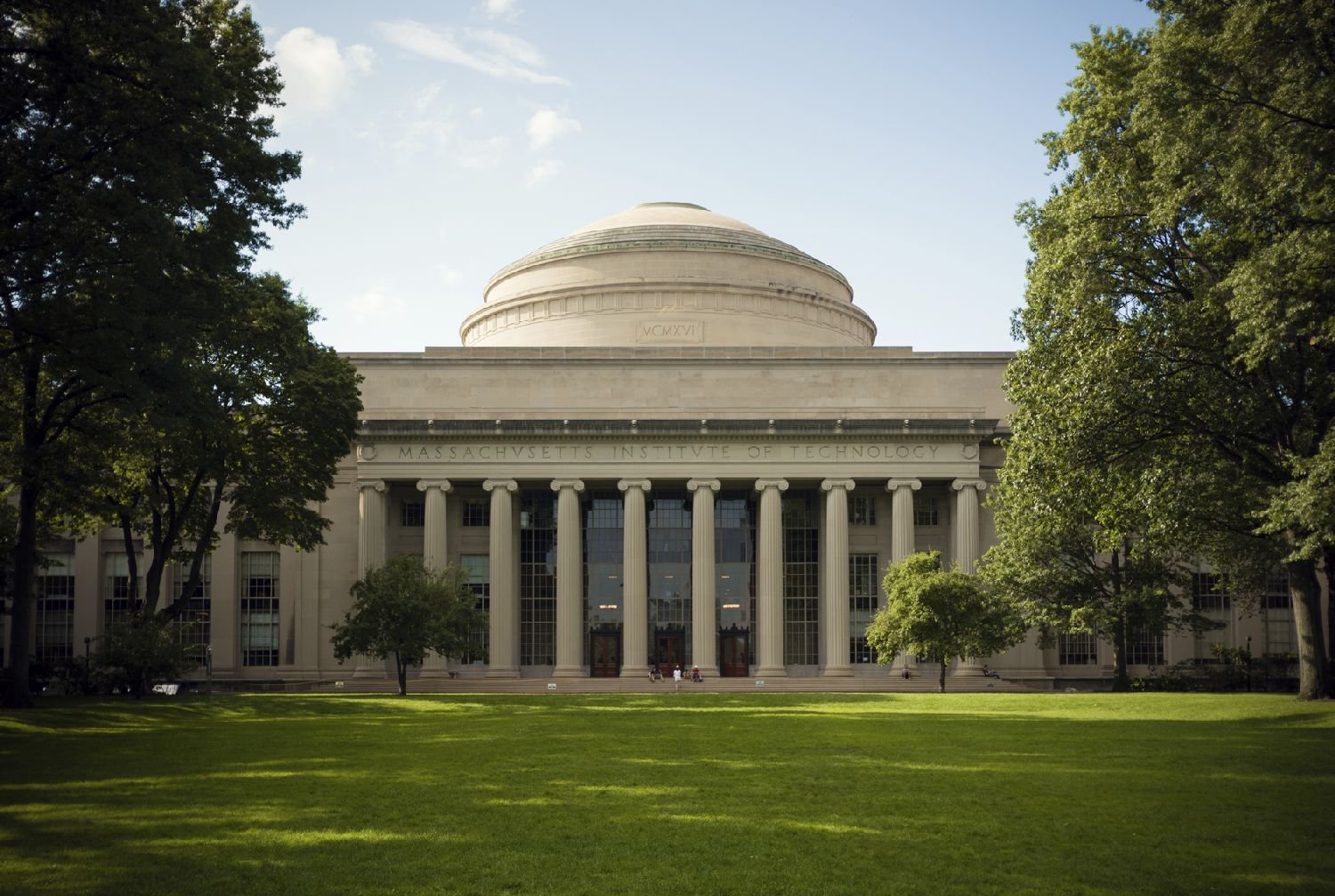
The Massachusetts Institute of Technology (MIT) has begun a pilot program to test the benefits and challenges of using the bitcoin blockchain to issue diplomas.
AS MIT News reports, the pilot program began this summer and provided 111 MIT graduates with the option to receive their diplomas through a blockchain-reliant smartphone app called Blockcerts Wallet, in addition to the traditional hard-copy format.
The Blockcerts app, which was developed by the MIT Media Lab in collaboration with Cambridge software company Learning Machine, generates a public-private key pair after a student downloads it and registers for the program. The app then sends the public key to MIT, who writes it into the digital record and adds a one-way hash to the bitcoin blockchain. The app stores the user’s private key, enabling him or her to prove ownership of the diploma.
The school says “empower[s] students to be the curators of their own credentials”:
“From the beginning, one of our primary motivations has been to empower students to be the curators of their own credentials,” says MIT Registrar and Senior Associate Dean Mary Callahan. “This pilot makes it possible for them to have ownership of their records and be able to share them in a secure way, with whomever they choose.”
The Massachusetts Institute of Technology (MIT) has begun a pilot program to test the benefits and challenges of using the bitcoin blockchain to issue diplomas.
AS MIT News reports, the pilot program began this summer and provided 111 MIT graduates with the option to receive their diplomas through a blockchain-reliant smartphone app called Blockcerts Wallet, in addition to the traditional hard-copy format.
The Blockcerts app, which was developed by the MIT Media Lab in collaboration with Cambridge software company Learning Machine, generates a public-private key pair after a student downloads it and registers for the program. The app then sends the public key to MIT, who writes it into the digital record and adds a one-way hash to the bitcoin blockchain. The app stores the user’s private key, enabling him or her to prove ownership of the diploma.
The school says “empower[s] students to be the curators of their own credentials”:
“From the beginning, one of our primary motivations has been to empower students to be the curators of their own credentials,” says MIT Registrar and Senior Associate Dean Mary Callahan. “This pilot makes it possible for them to have ownership of their records and be able to share them in a secure way, with whomever they choose.”
Learning Machine chief executive Chris Jagers stresses that the program is not a mere novelty. When academic institutions shut down, it often proves to be a tremendous hassle for their former students to access their records. While the prestigious MIT is unlikely to close down anytime soon, the program can be replicated at other schools and universities.
Hi! I am a robot. I just upvoted you! I found similar content that readers might be interested in:
https://good-university.com/2017/10/23/mit-issues-diplomas-using-the-bitcoin-blockchain/
Downvoting a post can decrease pending rewards and make it less visible. Common reasons:
Submit
nice blog.
Downvoting a post can decrease pending rewards and make it less visible. Common reasons:
Submit
that is really great thing in perspective of blockchain. If institution like MIT come forward to use blockchain system, then in near future, other organization will follow this too.
Anyway, what I can see that there is repeat in your post. Please edit
Downvoting a post can decrease pending rewards and make it less visible. Common reasons:
Submit
Thank you for your suggestion. I will keep that in mind.
Downvoting a post can decrease pending rewards and make it less visible. Common reasons:
Submit
good post
Downvoting a post can decrease pending rewards and make it less visible. Common reasons:
Submit